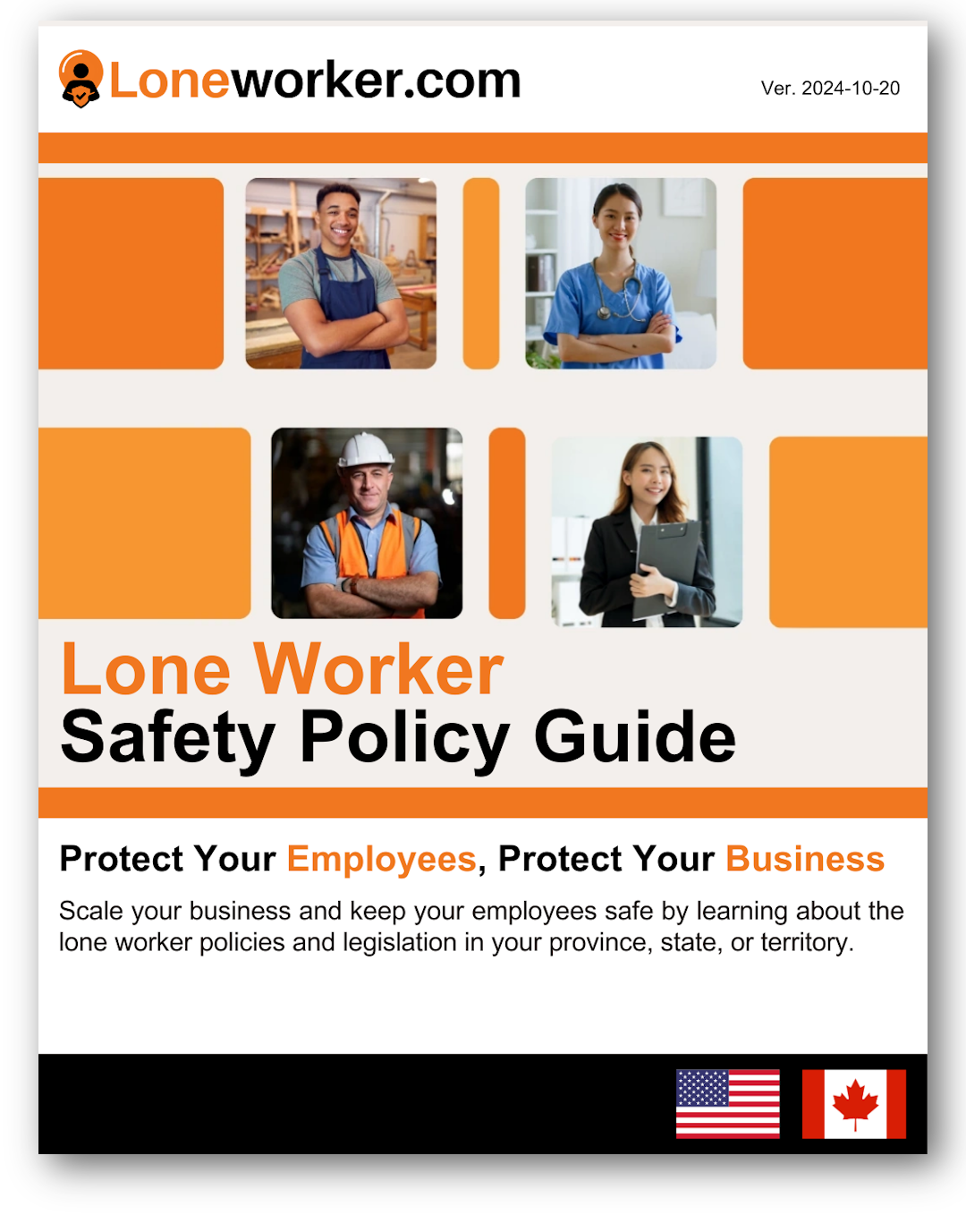Understanding the Role of a Privacy Manager in Corporate Governance and Leadership
The modern organization depends upon these Privacy Managers to guarantee compliance with data handling protocols, including both legal requirements, operational guidelines, and ethical principles. Beyond regulatory requirements, they must direct the whole organization to manage personal and sensitive data throughout all departments. Their duties include maintaining data protection systems while creating internal privacy protocols to guarantee staff compliance with international data privacy regulations like GDPR and HIPAA as well and PIPEDA. Distances work environments require the Privacy Manager to take leadership roles that protect organizational data assets while maintaining the company's reputation.
For this role, one must actively participate in governance activities. Privacy Managers complete multiple responsibilities, which include establishing privacy

awareness programs and conducting audits and handling data breaches, and supporting internal staff on difficult privacy matters. The Privacy Manager collaborates with IT employees and personnel from legal departments, as well as HR staff and compliance experts, to maintain uniform privacy initiatives. Under leadership, they should develop a privacy-first culture that promotes transparency and minimizes risks while establishing stronger trust relations between employees and external stakeholders. Managers need to adjust their privacy operations so they protect standard office spaces, together with locations where employees work from remote locations or in the field alone.
Current corporate environments demand visible privacy leadership throughout every role, especially those that operate independently from others. Lone workers who execute data management in unregulated operational areas such as client residences and field locations, and mobile environments. The privacy manager must establish data protection requirements that apply to every employee, including those who work independently. The expanded governance duties of Privacy Managers include digital foundation management as well as personal safety and data security tasks for workers who encounter specific work-related risks. The merger between privacy expertise and safety leadership elevates Privacy Managers into fundamental protectors of digital and human resources within contemporary organizations.
How Lone Worker Programs and Alert Devices Help Privacy Managers Monitor Safety and Data Responsibility
Privacy Managers deploy Lone worker programs together with alert devices, which provide them with systematic approaches to ensure security and accountability for data-sensitive work in isolated areas. The protective tools help defend the operational data integrity of staff who work without direct oversight. The programs enable immediate response protocols together with privacy enforcement when workers suspect any incident or breach while using mobile devices to view patient records or mobile file reviews from compliance officers.
GPS tracking and check-in features, along with emergency activation buttons in the alert system, enable Privacy Managers to track both employee safety and the circumstances surrounding data entry. Organizational teams receive urgent notifications through the alert system whenever a lone worker loses their device or finds themselves in positions that threaten data exposure. These security measures shield organizations from regulatory violations while enhancing control systems that protect valuable data from improper disclosure. Real-time monitoring functionality carried by these tools enables teams to find procedural enforcement points that need additional resources.
Employees who utilize lone worker solutions help Privacy Managers perform privacy compliance documentation and audit tasks for remote workforces. The devices generate evidence trails from their collected data, including checked-in times with timestamps and geolocation tracking, and incidents reported by users. The gathered data enables Privacy Managers to find operational vulnerabilities, which assists them in providing customized safety training sessions while enhancing access controls. Company-wide data protection initiatives acquire additional operational security through the addition of lone worker systems. Lone worker programs serve multiple purposes in a modern era of mobile work and sensitive information integration because they let Privacy Managers apply data responsibility practices and shield human workers from potential dangers.
The Importance of Lone Worker Programs for Privacy Risk Management and Regulatory Compliance
Privacy Managers tackle progressively intricate data privacy rules, which bring substantial financial consequences alongside damage to organizations' reputations. Lone workers face distinct privacy risks because most of their work takes place in unsecured environments, such as their home offices or client sites, or remote field sites. The absence of an organized lone worker program leaves staff at risk of physical threats in addition to increased exposure of sensitive business information. Organizations must establish a dedicated policy for lone worker safety because this practice serves as the core element demonstrating the complete integration of privacy protection with employee safety throughout organizational governance structures.
Organizations must demonstrate their efforts to stop data misuse and prevent loss for regulatory compliance purposes while workers operate in any location. The implementation of a lone worker policy enables Privacy Managers to prove that their organization secures every personnel situation that extends beyond regular supervision. The protection processes, together with operational tools that safeguard workers and their handled sensitive information, are established within these policies. Lone worker programs represent an implementation of privacy compliance practices instead of operating independently from them.
Including lone workers during privacy risk assessment processes and risk reduction planning demonstrates the organization's total commitment to protecting all company data. The implementation of lone worker technology into data handling procedures allows Privacy Managers to establish seamless integration between safety protocols and privacy standards. Such measures must become critical components during audits and stakeholder investigations, and legal proceedings because they create clear evidence of preventative measures. The lack of adequate protection for both physical safety and data access points of lone workers will result in two independent business liabilities regarding workplace safety and data security. Privacy Managers need to establish full alignment between privacy strategies and policies involving lone workers and their tools to prevent situations of exposure. The combining of systems results in sustainable regulatory compliance while protecting the organization's reputation.
Final Thoughts
Organizations require Privacy Managers to fill leadership roles because they unite employee security needs with privacy safeguarding objectives. These programs and devices allow privacy managers to track isolated staff members handling sensitive information, thus protecting employee safety while meeting privacy compliance standards. The tools deliver both enhanced readiness and evidence of organizational dedication to protection and governance standards. Managers who integrate lone worker systems within privacy frameworks build comprehensive protection strategies that defend employee welfare, together with sensitive information that is also consistent with brand integrity. The integration of safety measures and data responsibility at the company level represents a necessary standard for building responsible leadership that achieves both resilience and accountability.





